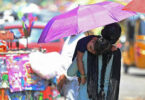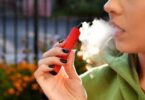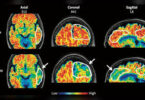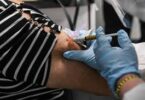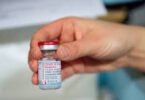F.P. Report
ISLAMABAD: Pakistan Institute of Medical Sciences (PIMS) has started vaccination of its medical and non medical staff against swine flu (H1N1) in wake of increasing number of cases and patients’ admission in the hospital.
On the direction of Executive Director PIMS Dr Amjad Mehmood, the vaccination has been started to protect the doctors, nurses and other supporting staff of the hospital from carrying swine flu virus, medical expert at PIMS Dr Khawar Sultan said on Wednesday.
He said that the hospital administration has taken special measures to handle the incoming suspected patients of swine flu and providing them all possible medical care. He added samples of all suspected patients have been sent to the National Institute of Health (NIH) for confirmation.
He advised the citizens to take special precautionary measures to protect from the virus. He added in case of long coughing with flu and temperature and if the symptoms remained unchanged, patients should immediately visit to the hospital for medical tests of flu.
He said that the swine flu symptoms started showing after five to six days when a person contracted the virus. During a period of first seven days a positive swine flu patient will transmit virus to others.
He urged for taking preventive measures for prevention from swine flu. He said that pregnant women, elders, very young, overweight, immune compromised and people with chronic health problems like asthma, diabetes, cardiac and lungs diseases are at high-risk for developing complications due to H1N1 infection or Swine flu.
Dr Khawar said if someone is sick or in close-contact with persons having flu-like illness, preventing measures are needed for limiting the H1N1 transmission.
He said that vaccination is the most effective way to prevent infection and severe outcomes caused by influenza viruses particularly in high-risk groups.
He said that WHO recommends seasonal influenza vaccination for pregnant women (highest priority), children aged 6-59 months, elderly people, individuals with chronic medical conditions and health-care workers.
He urged frequent and thorough hand washing with soap and water or hand sanitizer, avoid touching nose, mouth or eyes as the virus survives on common surfaces, etc.
He advised patients to take rest, avoid crowds and take other social distancing measures. He advised staying home for young children from school if he or she is sick and avoid mixing and playing with other children.
He said that the patient also has to cover mouth and nose and avoid contaminating hands, cough or sneeze into a tissue.

